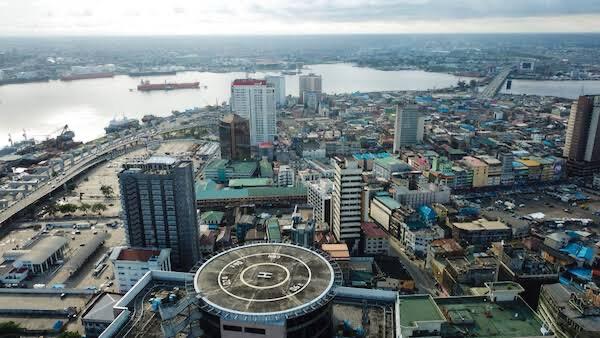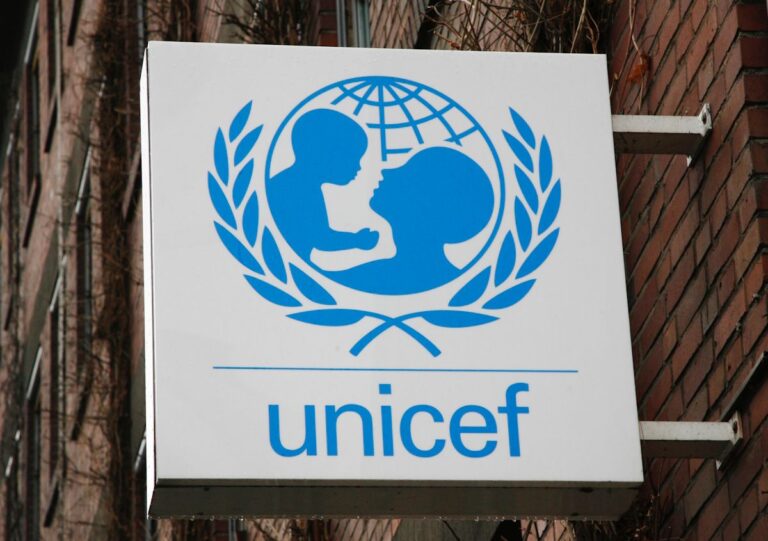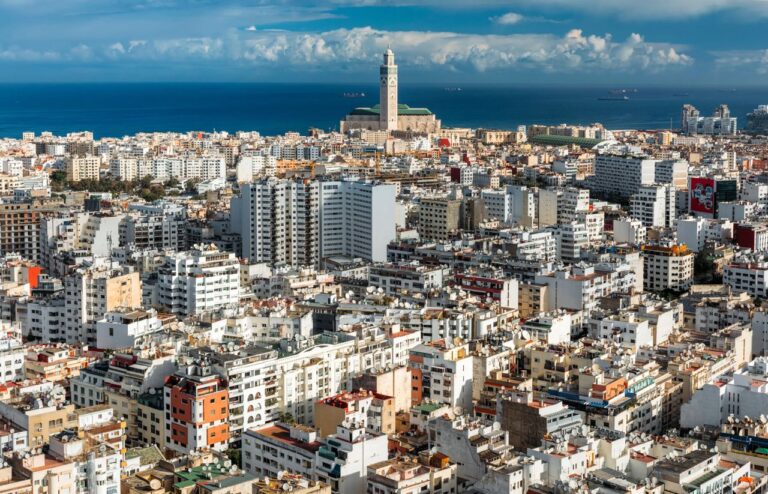LAGOS, Aug 5 — Nigeria’s capital importation experienced a significant increase in the first quarter of 2025, reaching a total of US$5.64 billion. This represents a healthy growth of 10.86% quarter-on-quarter (QoQ) and a substantial 67.12% increase year-on-year (YoY), according to new data from the National Bureau of Statistics (NBS).
The surge was largely fueled by a boom in Portfolio Investment, which accounted for a massive US$5.20 billion of the total. This category, which saw a QoQ growth of 30.14% and a YoY increase of 150.75%, was dominated by money market instruments (US$4.21 billion), followed by bonds (US$877.41 million) and equity (US$117.33 million).
However, Foreign Direct Investment (FDI) and Other Investments saw declines. FDI totaled US$126.29 million, dropping by 70.06% QoQ and 5.97% YoY.
Other Investments amounted to US$311.17 million, representing a QoQ decrease of 53.42% and a YoY drop of 73.46%.
Banking Leads the Way
A breakdown of capital importation by sector reveals a clear dominance by the financial services industry. The Banking sector was the single largest recipient, attracting a staggering US$3.13 billion, which represents 55.44% of the total. Following this was the Financing sector with US$2.10 billion, accounting for 37.18%.

Other sectors received significantly smaller portions of the total investment. The top five sectors included:
* Banking: US$3.13 billion (55.44%)
* Financing: US$2.10 billion (37.18%)
* Production: US$129.92 million (2.30%)
* Shares: US$115.26 million (2.04%)

* Telecoms: US$80.78 million (1.43%)
Geographical and Banking Insight
The United Kingdom was the largest country of origin for capital importation, contributing a significant US$3.68 billion. This was followed by South Africa (US$501.29 million), Mauritius (US$394.51 million), the United States (US$368.92 million), and the United Arab Emirates (US$301.72 million).
On the banking front, Standard Chartered Bank Nigeria Ltd processed the highest amount of capital, handling US$2.10 billion. Stanbic IBTC Bank Plc was the second-highest with US$1.40 billion, followed by Citibank Nigeria Limited (US$1.05 billion), Rand Merchant Bank (US$387.32 million), and Access Bank Plc (US$377.32 million). The top five banks collectively facilitated the vast majority of the quarter’s capital importation.
The data for Q1 2025 highlights a strong vote of confidence from foreign investors, particularly in Nigeria’s financial markets through portfolio investments. While the decline in Foreign Direct Investment is a point of concern, the overall growth signals a positive trend for the Nigerian economy in the first quarter of the year.













